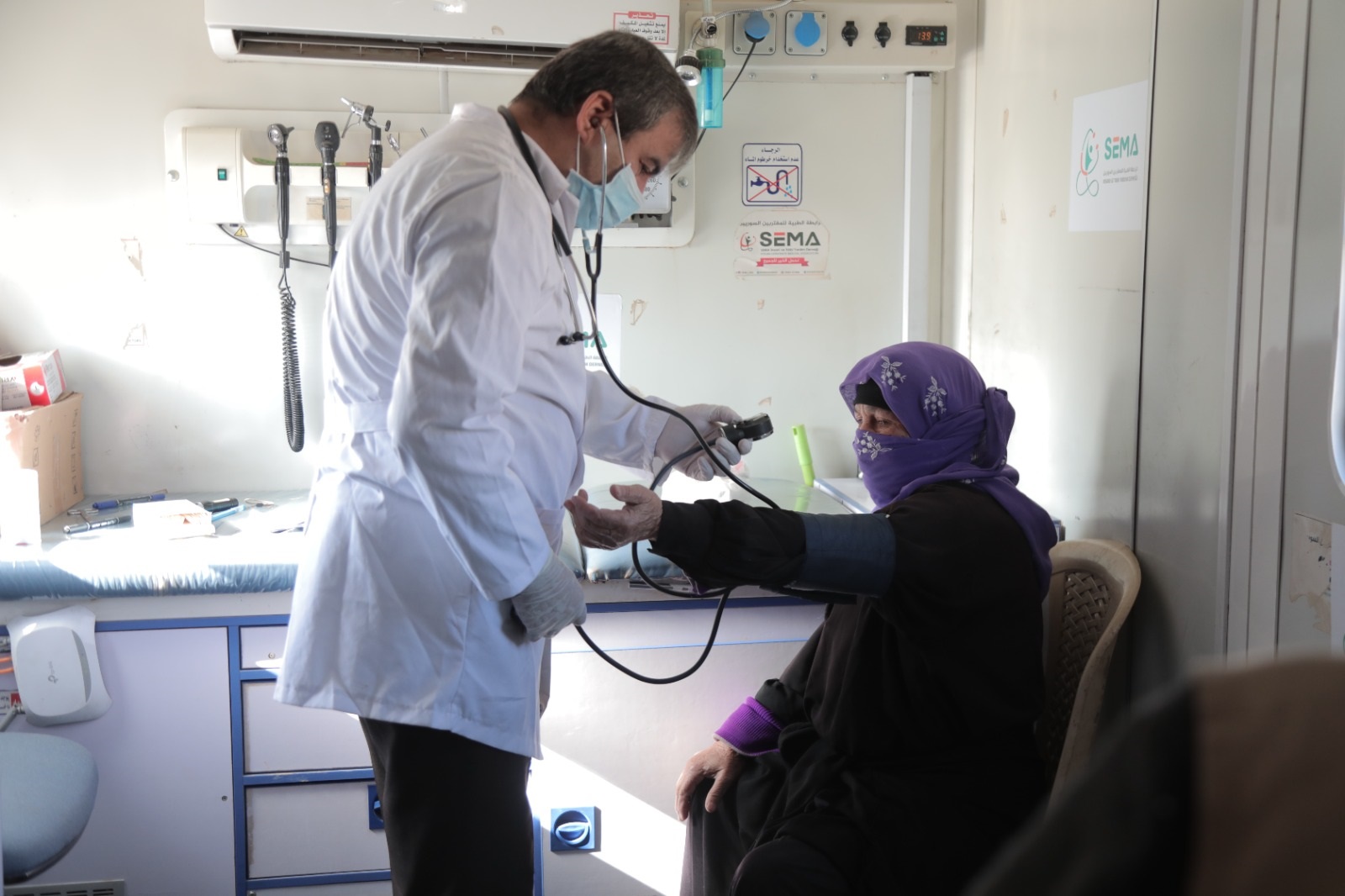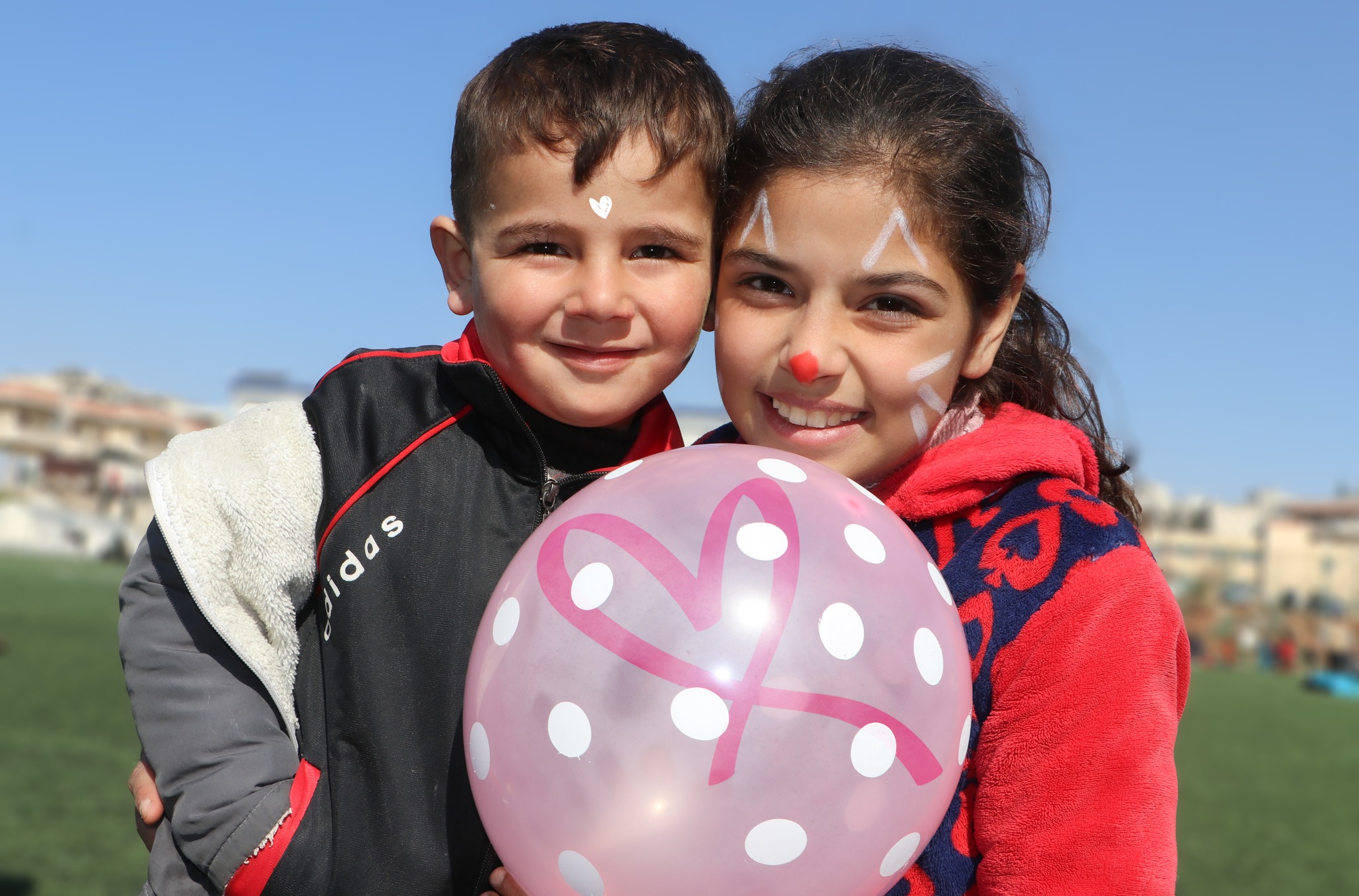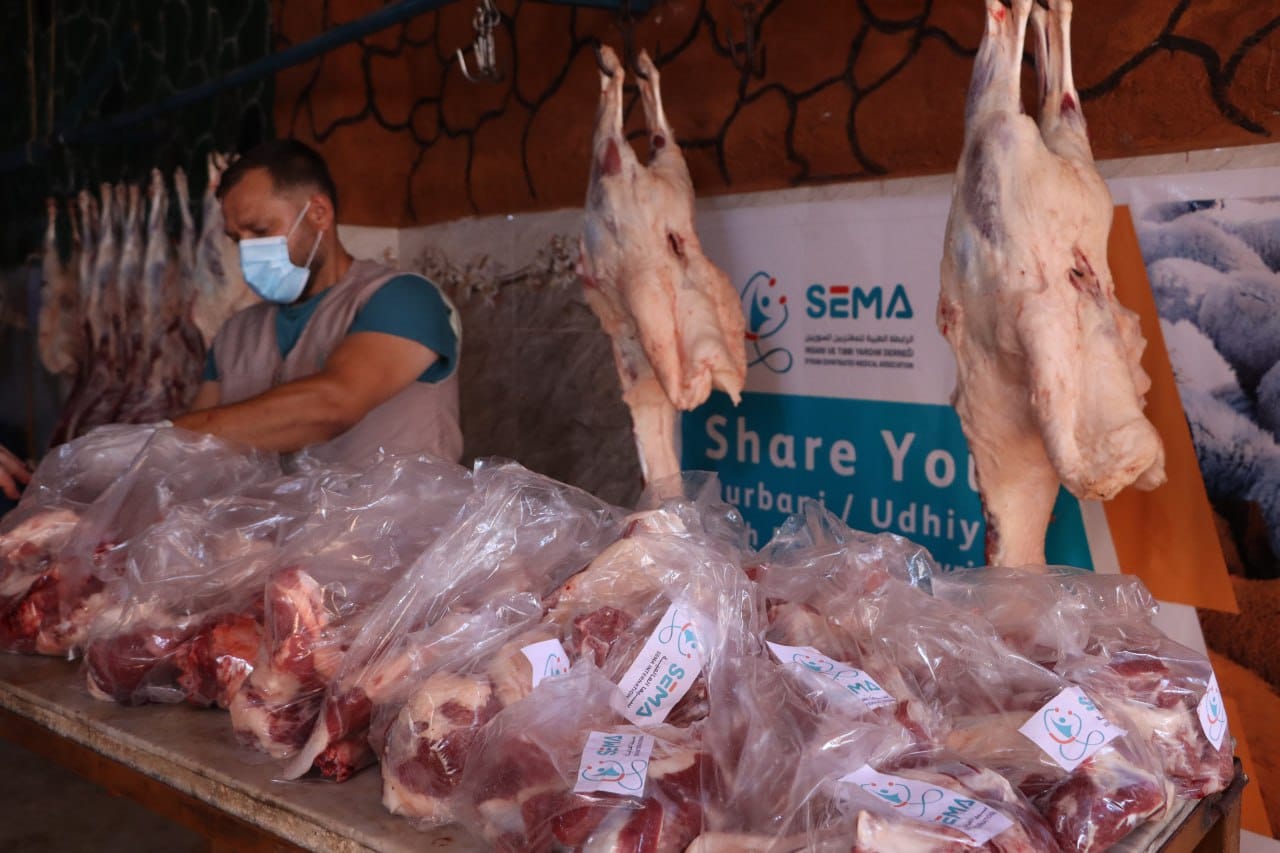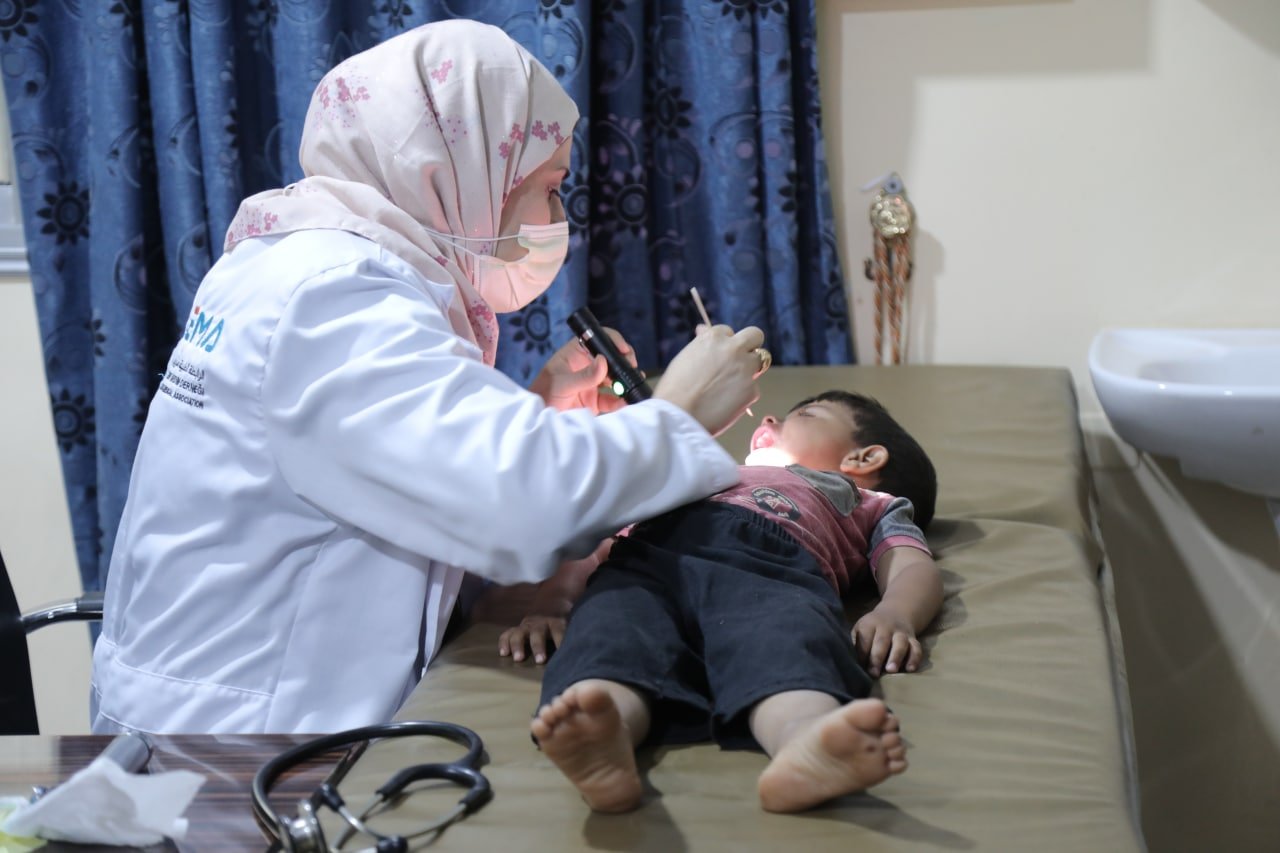Maintaining your health while fasting during Ramadan is one of the most important things you should know.
Planning healthy nutritious meals, staying hydrated, and incorporating a healthy level of physical activity are some important issues we elaborate on in this article.
The significance of staying hydrated during Ramadan and tips for ensuring adequate fluid intake
It is significant to keep yourself hydrated during Ramadan because absence of food or fluid intake during the daylight hours can cause a huge loss of body water.
A huge body water loss will cause dehydration as well as impair physical and cognitive abilities.
Therefore, it is advisable that fasting people compensate for that loss of water by drinking between 8 to 12 cups of water between iftar and suhoor.
The importance of choosing nutritious foods during Ramadan and examples of healthy food options
Since Muslims during Ramadan abstain from food and drink from dawn to dusk, it is significant to get a suitable nourishment between iftar and suhoor.
Thus, there are some tips that fasting people should follow in order to stay healthy. These are:
- Avoiding excessive salty and spicy food.
- Restraining the consumption of sweets and sugary foods.
- Cutting down on caffeinated drinks and nicotine.
- Avoiding oily foods.

Moderating the intake of fried and sweet foods
Moderating the intake of fried and sweet foods during the blessed month of Ramadan is very crucial.
Eating deep fried foods can cause many serious health issues, such as irritable bowel syndrome, heartburn, cholesterol and can clog the arteries, causing many heart problems in the long run.
Avoiding sweets and sugary food is also important because research has shown that increased consumption of sweets can cause dehydration and increase thirst during the daylight hours.
Maintaining a balanced diet
Marinating a balanced diet is extremely crucial not only during Ramadan but throughout the entire year.
The following are some tips that can help you maintain a healthy, balanced diet:
- Integrate many sources of fiber and starchy carbohydrates.
- Consume fruits and vegetables.
- Include fish in your diet.
- Reduce your intake of saturated fat and sugar.
- Cut down on salty food dishes.
- Keep yourself hydrated as much as you can before fasting.
- Get active and increase your physical activity.
The significance of eating suhoor during Ramadan
Consuming the suhoor meal during Ramadan is immensely significant. Fasting people need to ensure that all nutritional values are included in this meal.
This is important because this meal will help people keep sustained levels of energy throughout the hours of fasting.
Therefore, Muslims should make sure that they wake up to consume the suhoor and do not skip this meal.
Avoiding overeating during iftar
In order to maintain a healthy and balanced diet in Ramadan, Muslims are advised not to overeat during iftar.
Therefore, eating dates and drinking water once Muslims break their fast will help them balance the levels of glucose in their bodies and assist in the process of digestion.
In addition, it will help prevent overeating because it is high on sugar and carbohydrates, which helps the body to feel full quickly.
Incorporating physical activity
Fasting people should include physical activity in their daily routine during the blessed month of Ramadan as it is very beneficial. Here are some tips that Muslims can follow to help them do so:
- Avoiding aggressive exercises.
- Avoiding high-intensity physical exercises.
- Choosing a convenient time to work out during Ramadan. This could be either just before iftar, or 2 to 3 hours after iftar.
Managing chronic health conditions
Patients of chronic health conditions such as diabetes and high blood pressure should be educated on how to manage their health conditions during the holy month of Ramadan.
Here are some tips to help blood pressure patients in their fast during Ramadan:
- Consult your doctor ahead of time to make sure whether fasting will negatively affect your health or not and make the necessary adjustments.
- Make sure to drink plenty of fluids and natural juices at iftar time.
- Avoid fatty and salty foods.
- Limit your intake of caffeine and caffeinated drinks.
- Consume fish at least 2 times a week because it contains healthy Omega-3 fats that help regulate blood pressure.
Below are some tips to help diabetes patients in their fast during Ramadan:
- Check your blood sugar levels more often than you normally do.
- Consult your physician to make the needed adjustments to your diabetes tablets, as you may need to take different types or change the doses.
- Make sure also to do the necessary adjustments to your insulin intake before the start of the fast.
- Do not skip the suhoor meal and incorporate foods which are high in fibers and scratch, such as cereals, oats, and bulgur.
- Make sure to drink enough sugar-free and decaffeinated fluids to avoid dehydration.
The importance of seeking medical advice before fasting during Ramadan
People with chronic diseases, such as high blood pressure and diabetes should definitely consult their physicians prior to fasting.
This step is particularly essential to avoid any medical complications that would risk their lives.
In addition, it is advisable for individuals with chronic diseases to plan carefully for their health and medical requirements before Ramadan in order to avoid any medical problems that could worsen their conditions.
In particular, planning a healthy eating regimen for those patients is indispensable before the beginning of the holy month.

The importance of planning meals ahead of time for Ramadan and how it can help maintain good nutrition
Preparing meals ahead of time for the blessed month of Ramadan helps us maintain a healthy diet and lifestyle.
Healthy meals that you can prepare should include all nutritional elements, such as whole grains, vegetables, protein foods, and legumes.
Most importantly, a healthy diet should be low in fat, added sugar, sodium, fats, and cholesterol.
It is definitely essential to plan healthy meals before Ramadan in order to stay healthy.
Nevertheless, millions of Syrian refugees, unfortunately, do not afford the luxury of doing so.
Join our efforts at SEMA, a humanitarian, non-profit organization to provide medical relief and assistance for those in need among the Syrian refugee communities.
Help us spread awareness of fasting with chronic diseases to help Syrian refugee patients stay healthy during Ramadan and beyond.
Let’s help our refugee brothers and sisters in Ramadan and get the multiple rewards of sadaqah during this blessed month!
FAQ
How can we maintain good health during Ramadan?
We can maintain good health during Ramadan by:
-Consuming a lot of non-sugary fluids to keep ourselves hydrated.
-Avoiding fatty and salty foods.
-Staying away from caffeinated drinks.
-Incorporating all natural values in our iftar meals.
-Consuming vegetables and fruits.
What is healthy nutrition during Ramadan and how can it be?
Healthy nutrition during Ramadan entails consuming different nutritious values and keeping our bodies hydrated.
What are the health benefits of fasting during Ramadan?
The health benefits of fasting during Ramadan include:
-Reducing inflammation.
-Boosting brain function and cognitive abilities.
-Reducing hypertension.
-Detoxifying the body.
-Improving weight loss.
What are some practical health tips for safely fasting during Ramadan?
Some practical health tips for safe fasting during Ramadan include the following:
-Hydrating well before fasting.
-Breaking the fast with dates.
-Selecting healthy carbs.
-Eating a balanced diet that includes all nutritional values.
How can I manage my blood sugar levels while fasting during Ramadan?
You can manage your blood sugar levels while fasting during Ramadan by avoiding sweets and fried foods and having a post-meal walk.
Resources
- Physical activity during Ramadan.
- UAE doctors warn of overeating at Iftar to avoid a trip to the hospital.
- Ramadan tips for people with high blood pressure.
Read More:





